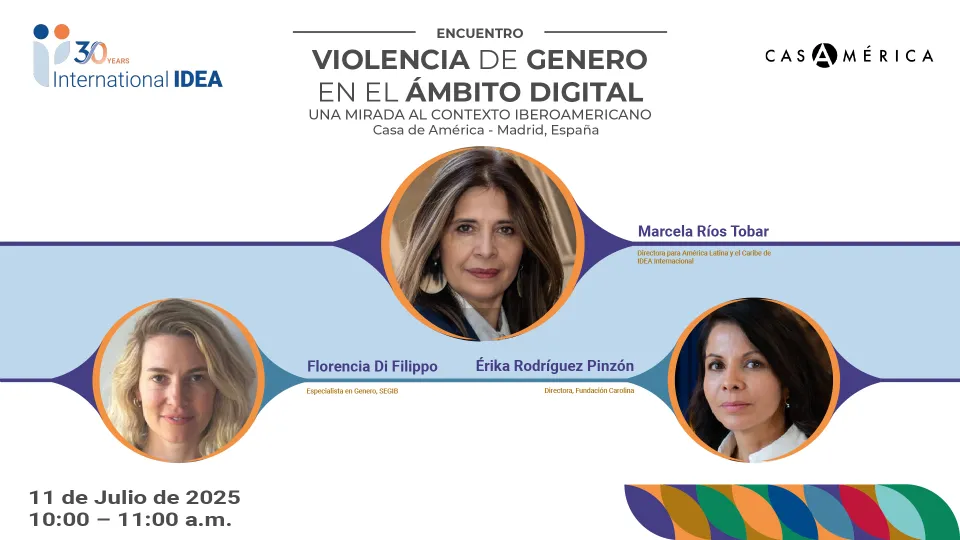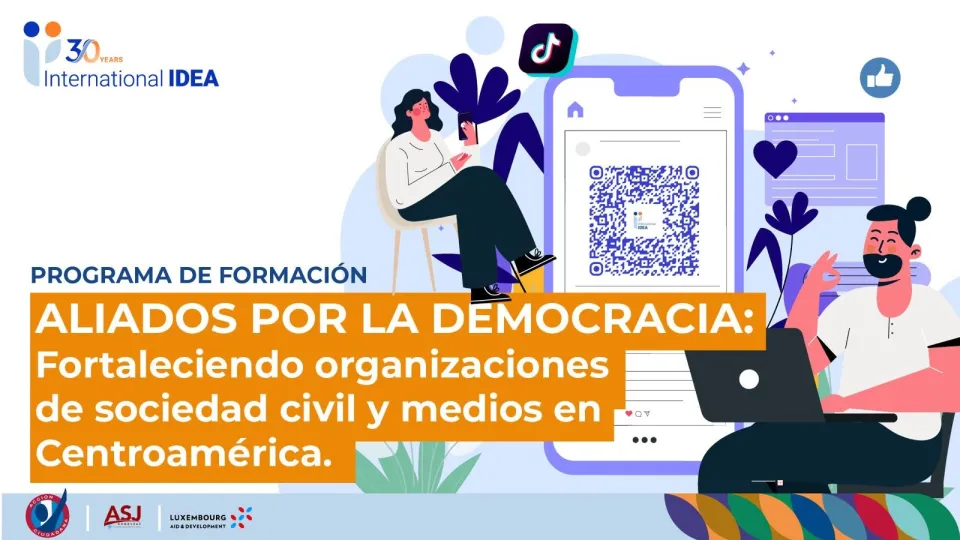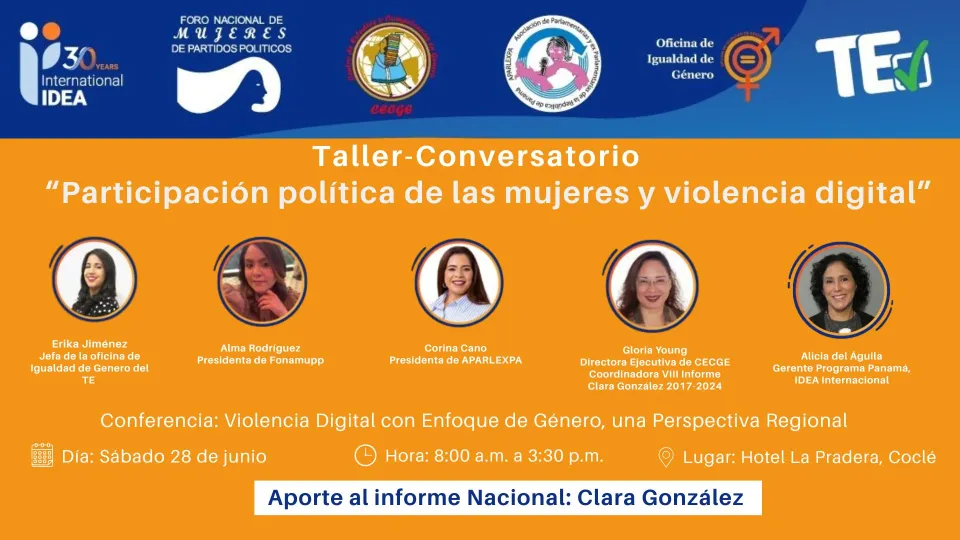Results management can be crucial to the progress of democracy assistance projects and programs, particularly when applied in ways that are inclusive, contextualized and sensitive to local partners’ space for learning and ownership.
However, there appears to be a tendency among funders to push for applications that focus on upward accountability and control to ensure value for money


